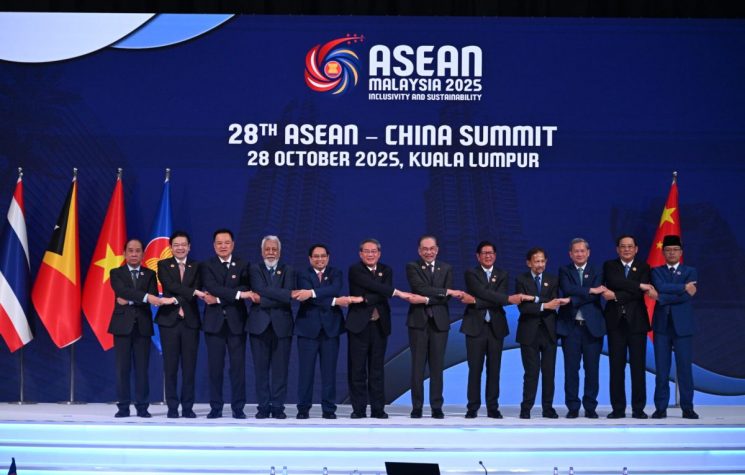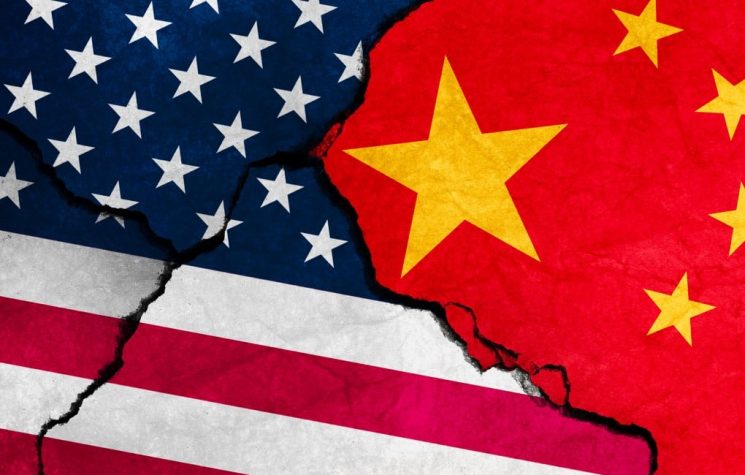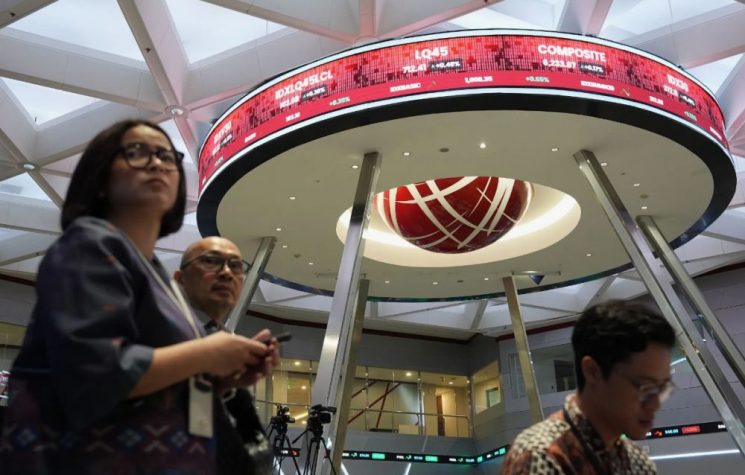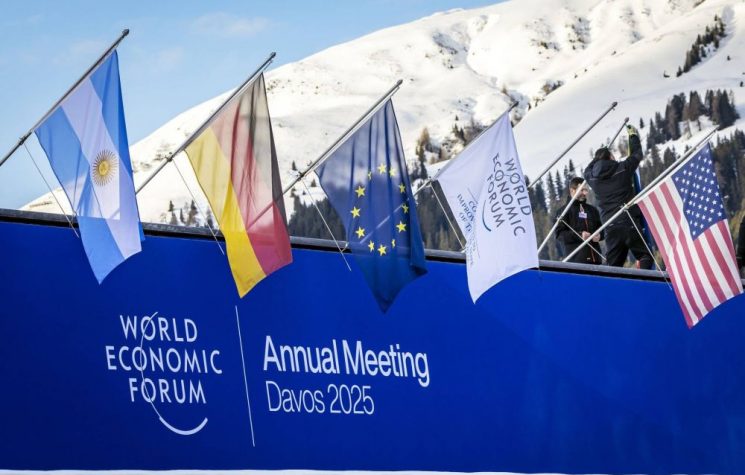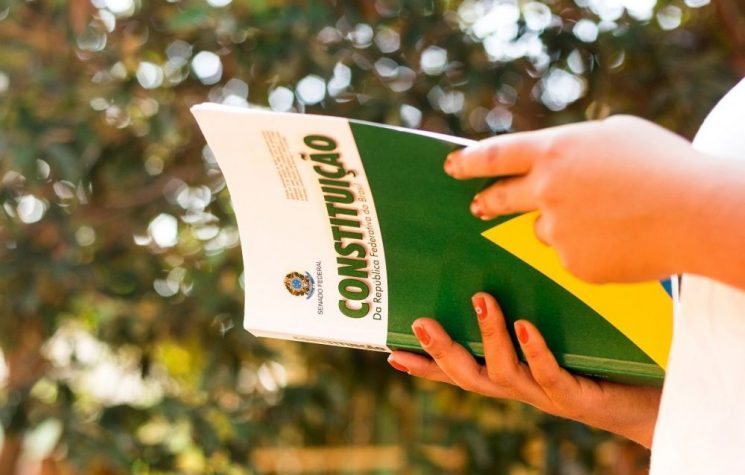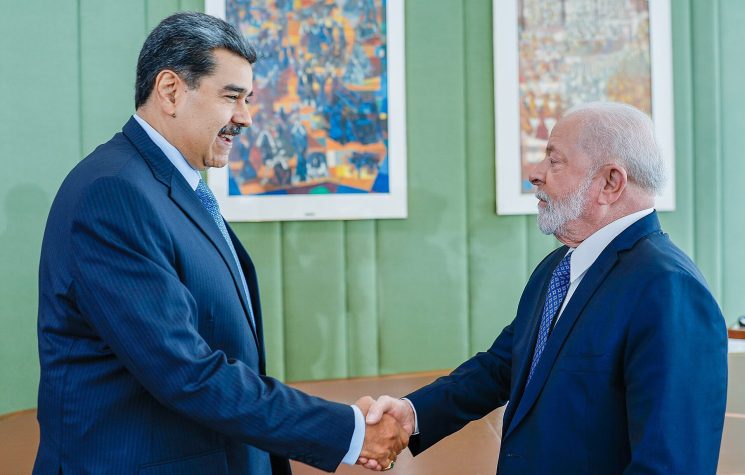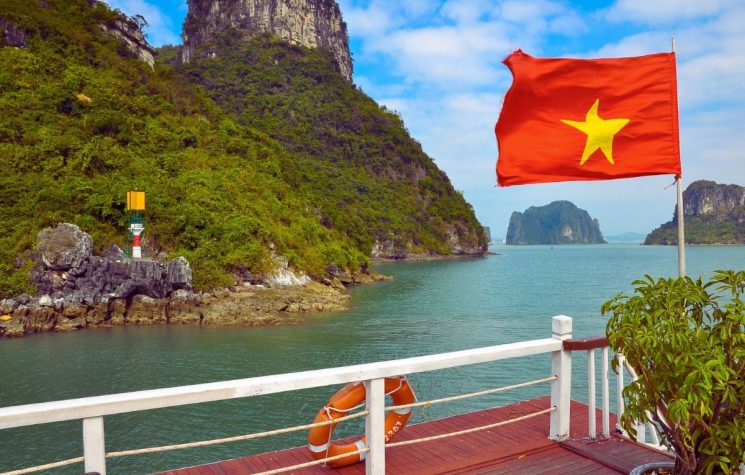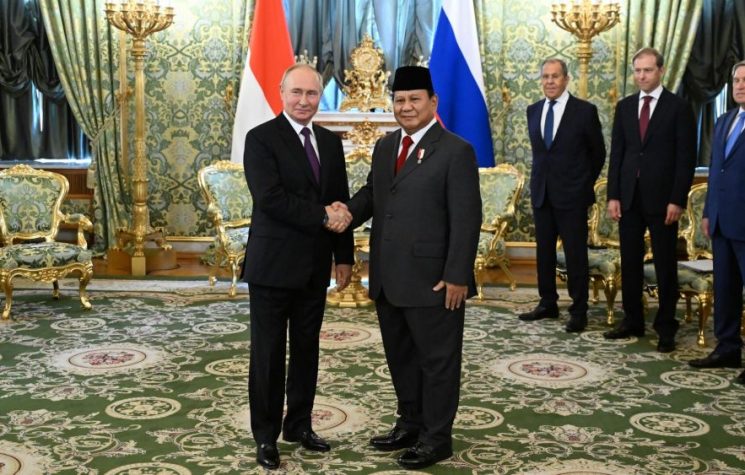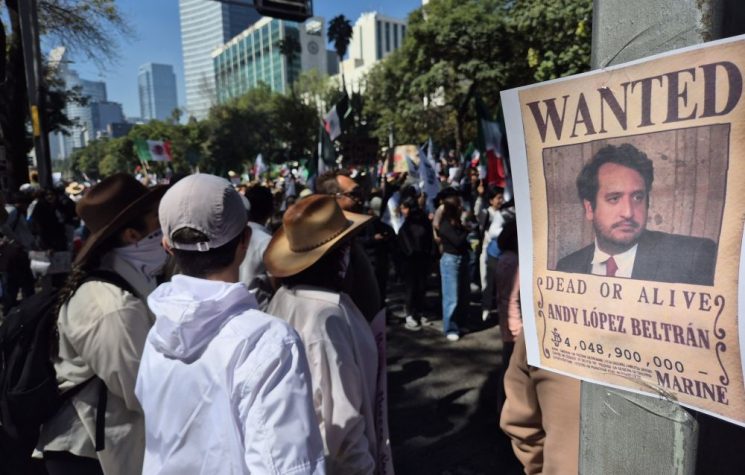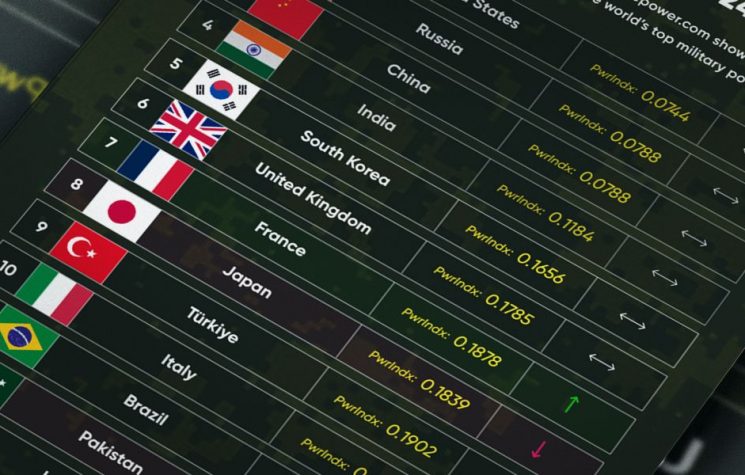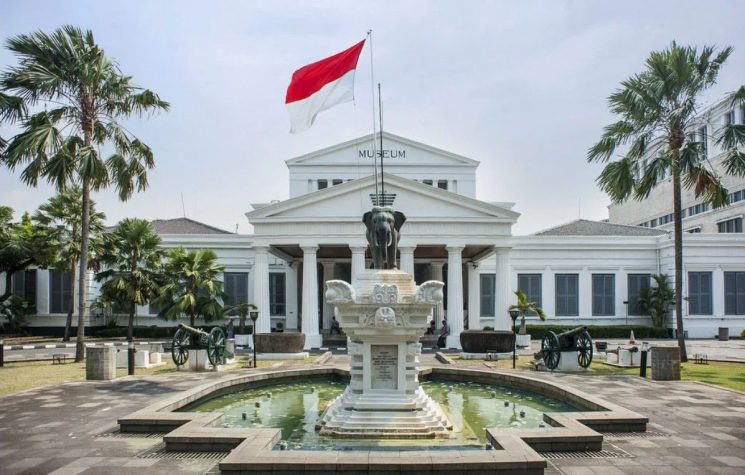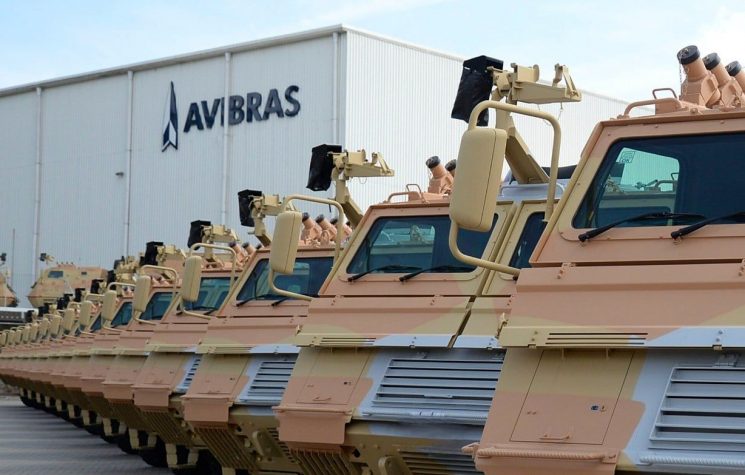The intention to sabotage the defense industrial triangle between Brazil, China and Indonesia would be behind the release of credit for Australia to buy Avibras.
Contact us: info@strategic-culture.su
You can follow Lucas on X (formerly Twitter) and Telegram.
One of the most controversial issues in Brazil today is the possible sale of Avibras (a Brazilian military industry company). The main candidates for acquiring the company are the Australian DefendTex and the Chinese Norinco. Faced with the almost inevitability of the sale of at least half of the company’s shares by the Brazilian State, Brasília is left to decide between benefiting an intra-BRICS strategic partner or a pro-Western power that serves as a pivot for American plans against Beijing.
The controversy has been ongoing for months and reached a high point after DefendTex failed to obtain a loan from the Australian government to purchase the Brazilian company. From then on, negotiations between Brazil and China for a supposed sale to Norinco began to advance, generating discussions among sectors of Brazilian society about the possible “risks” of selling Avibras to the Chinese.
Pro-Western lobbyists in Brazil managed to convince the Brazilian government’s top brass that selling a defense company to China would generate “diplomatic discomfort” with the U.S. Even though China is Brazil’s largest trading partner, responsible for practically single-handedly balancing the Brazilian economy with its massive purchases of commodities, the country continues to be seen as a “controversial” nation due to its geopolitical status of opposition to the U.S. – a power that is seen by some Brazilian public figures as Brazil’s “main ally”.
According to the most recent information, the Australian company will be able to obtain credit to finally make the purchase. This didn’t happen by chance. American pressure became direct and immediate, with threats of sanctions in the event of a sale to Norinco and public “advice” for the partnership with DefendTex to be established. Now, the sale is expected to be completed by the end of July, with the Australian company acquiring the most advanced software of Brazilian military industry.
This would be just one more case among the many moments in the history of Brazil in which American political intervention prevented the Brazilian State from making commercial agreements consistent with its own interests. However, there are details behind the sudden change in the status of negotiations. Contacting anonymous sources linked to the Brazilian Ministry of Defense, I obtained information that had not yet reached any other Brazilian journalist. Apparently, the boycott of sales to the Chinese may be related to an attempt to prevent a triangular partnership between Brazil, China and Indonesia.
According to my sources, Brazil has been approached by the Indonesian military to negotiate Brazilian artillery projectiles. Indonesia, apparently, is interested in purchasing Brazilian ASTROS system’s rockets – manufactured by Avibras. There is also Indonesian interest in purchasing cruise missiles with a range of 500km – the project of which has already been finalized by the Brazilian industry, without, however, commercial production having started.
I myself contacted some sources in Indonesia after obtaining this data and my informants confirmed the situation exposed by the Brazilian witnesses. According to them, in the current Asian geopolitical context, there are great expectations of good relations with China, as Prabowo Subianto, current Minister of Defense and President-Elect of Indonesia (to take office in October), advocates a sovereigntist foreign policy focused on regional peace. Following his electoral victory, which shows his willingness to ease any tensions between both powers.
According to my Indonesian friends, with Brazil and China sharing Avibras shares, Indonesia was waiting for a great opportunity to acquire missiles to renew its artillery arsenal and improve its deterrence and defense power. However, this appears to have caused panic among American strategists in Asia. Currently, the strategy of encircling and strangling China is one of the main priorities for the U.S., which is betting on the creation of military alliances, such as AUKUS and QUAD, and on fostering regional rivalries to multiply Beijing’s adversaries.
Subianto’s victory in Indonesia thwarted American plans to use Jakarta against Beijing, which is why efforts to sabotage this promising partnership will be extreme. Certainly, the U.S. put pressure on the Australian government to release credit to DefendTex to buy Avibras precisely to prevent Brazil, China and Indonesia from forming a defense industry cooperation axis.
Once again, American interventionism, the pro-Western lobby in Brazil and the lack of strategic mentality on the part of Brazilian decision-makers are leading Brasília to serve as a “collaborator” in American plans against partner multipolar powers.













